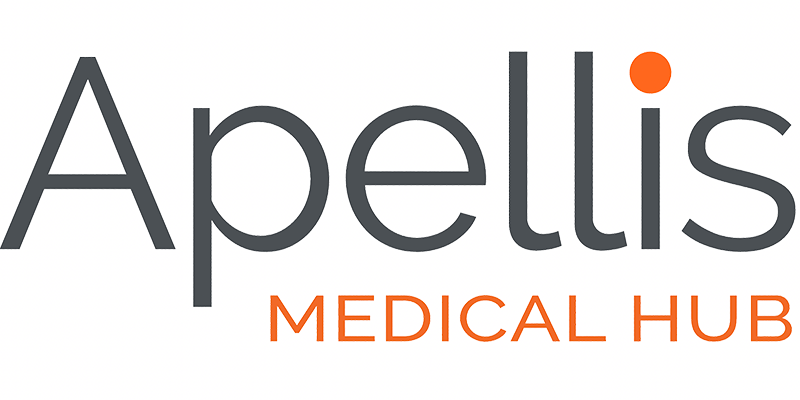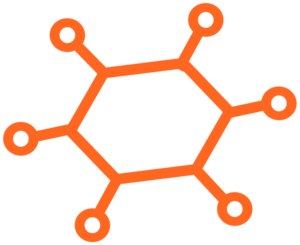Our Scientific Focus
Apellis is dedicated to improving the lives of individuals living with serious disease driven by complement and supports medical and scientific research that demonstrates the highest level of scientific integrity, inclusion, and curiosity.
Hematology
Paroxysmal Nocturnal Hemoglobinuria (PNH)
- Treatment transition strategies and dosing strategies
- Safety and efficacy in specific subpopulations
- Biomarkers of disease severity and suboptimal response to treatment
- Quality of Life (QoL) and effect on Activities of Daily Living (ADL)
- Longer-term treatment effects
- Further characterization and measurement of PNH symptoms (e.g., brain fog)
- Long-term effects of treatment
Nephrology
C3 Glomerulopathy (C3G) and Primary Complex Membranoproliferative Glomerulonephritis (IC-MPGN)
- Further disease characterization in patients with either C3G or primary IC-MPGN
- Biomarkers of disease severity and disease progression in patients with either C3G or primary IC-MPGN
- Novel clinical study endpoints of disease severity and disease progression in either C3G or primary IC-MPGN
- Role of innate immune system in patients with either C3G or primary IC-MPGN
Ophthalmology
Geographic Atrophy (GA)
- Development of studies and tests to evaluate visual function in patients with GA due to AMD
- Further understanding of the relationship between GA and neovascular AMD
- Real world effectiveness of pegcetacoplan in patients with GA due to AMD
- Effectiveness and safety of pegcetacoplan in patients with GA and secondary to AMD with clinical features (phenotypes) not assessed in clinical trials (including but not limited to: bilateral GA patients treated in both eyes; GA patients with lesions approximately 200 microns or further from the foveal center)
- Effectiveness and safety of pegcetacoplan in GA due to AMD with different dosing intervals and dose escalation or de-escalation
Other Complement-Related Diseases
- Understanding the role of complement in other disease areas
- Exploration of other therapeutic areas with significant unmet needs where complement inhibition may play a role
- Explore new complement biology that could open the door to breakthrough therapies


